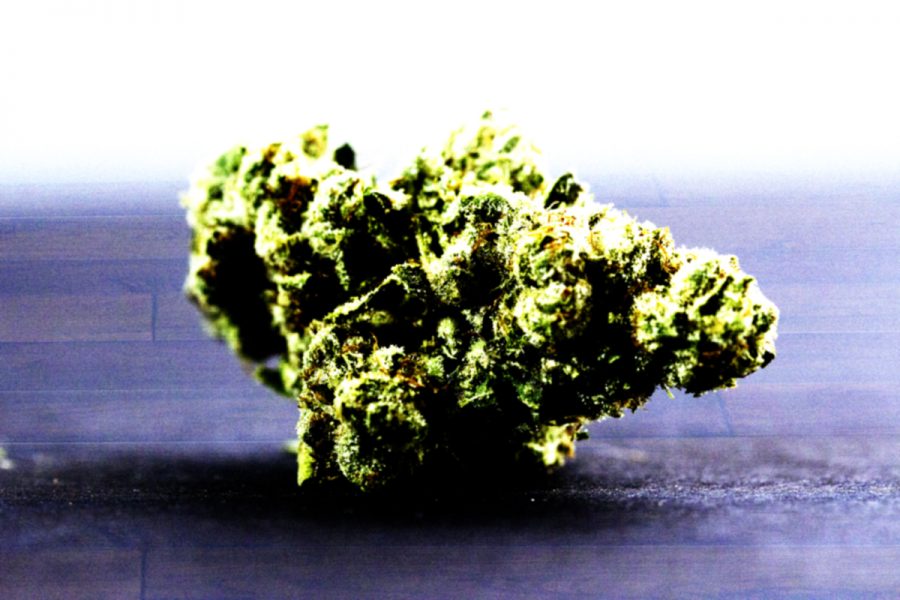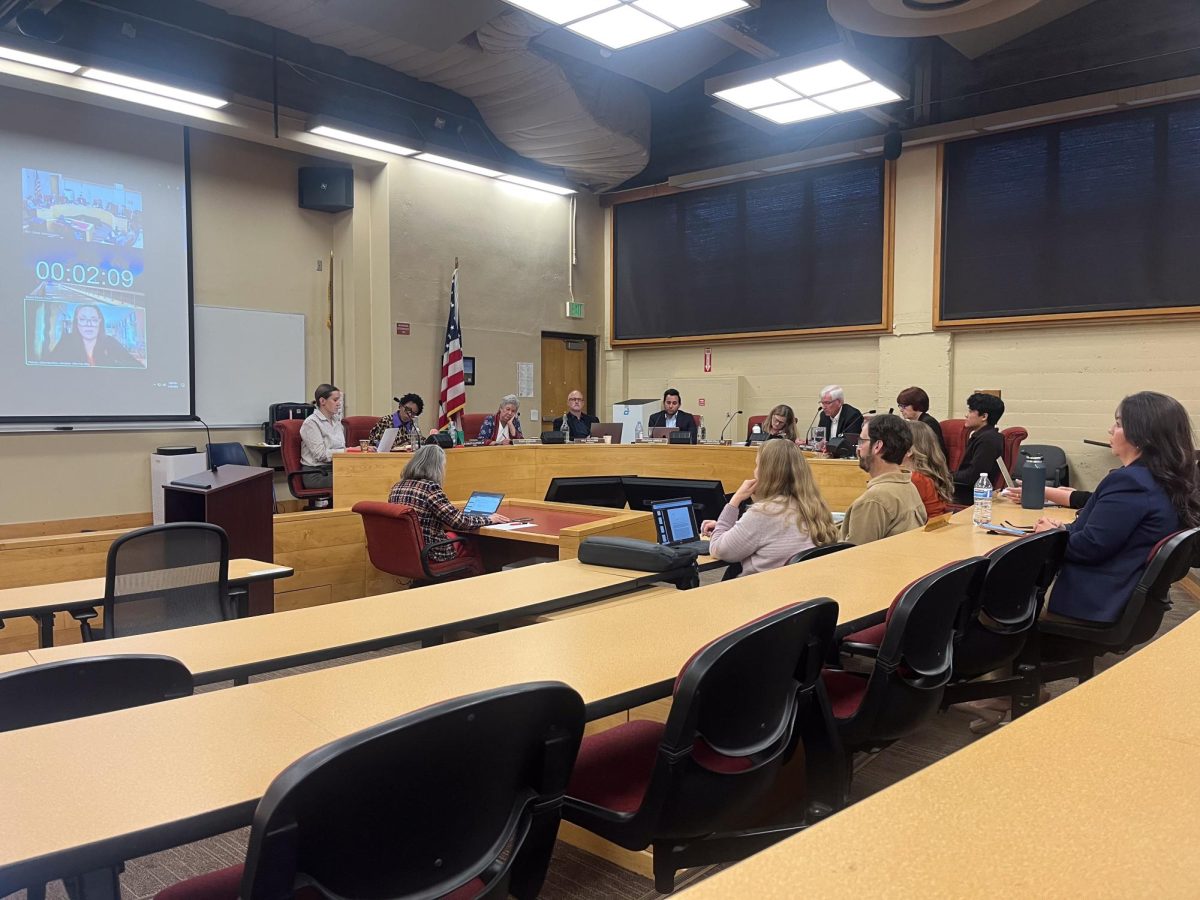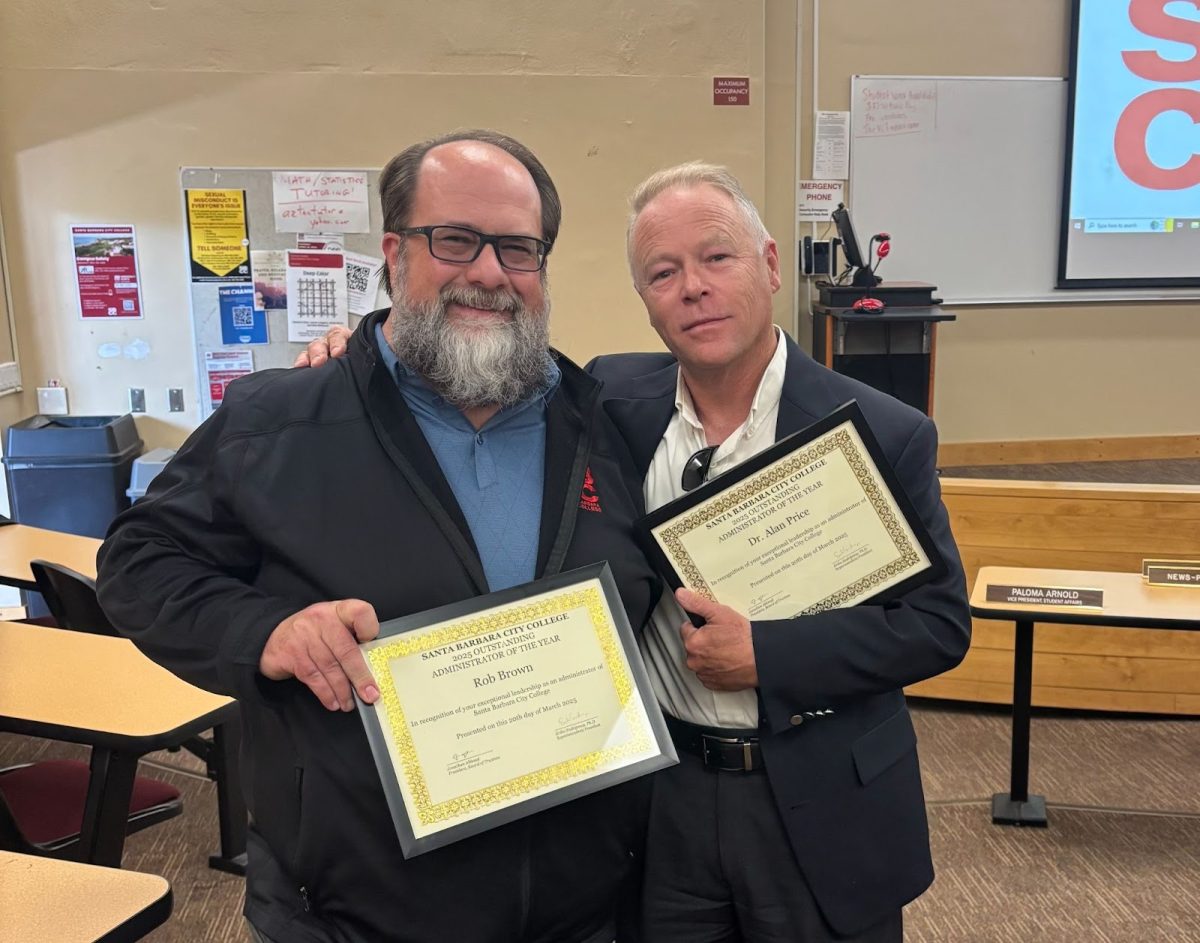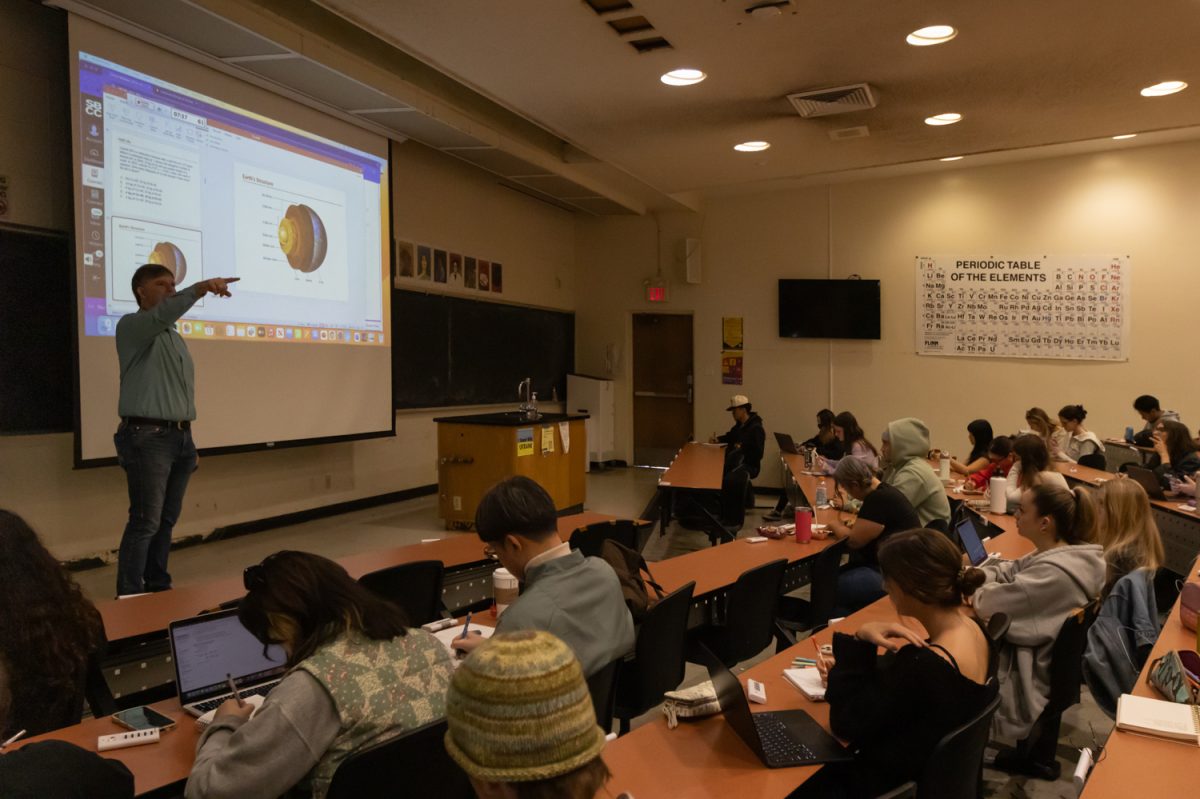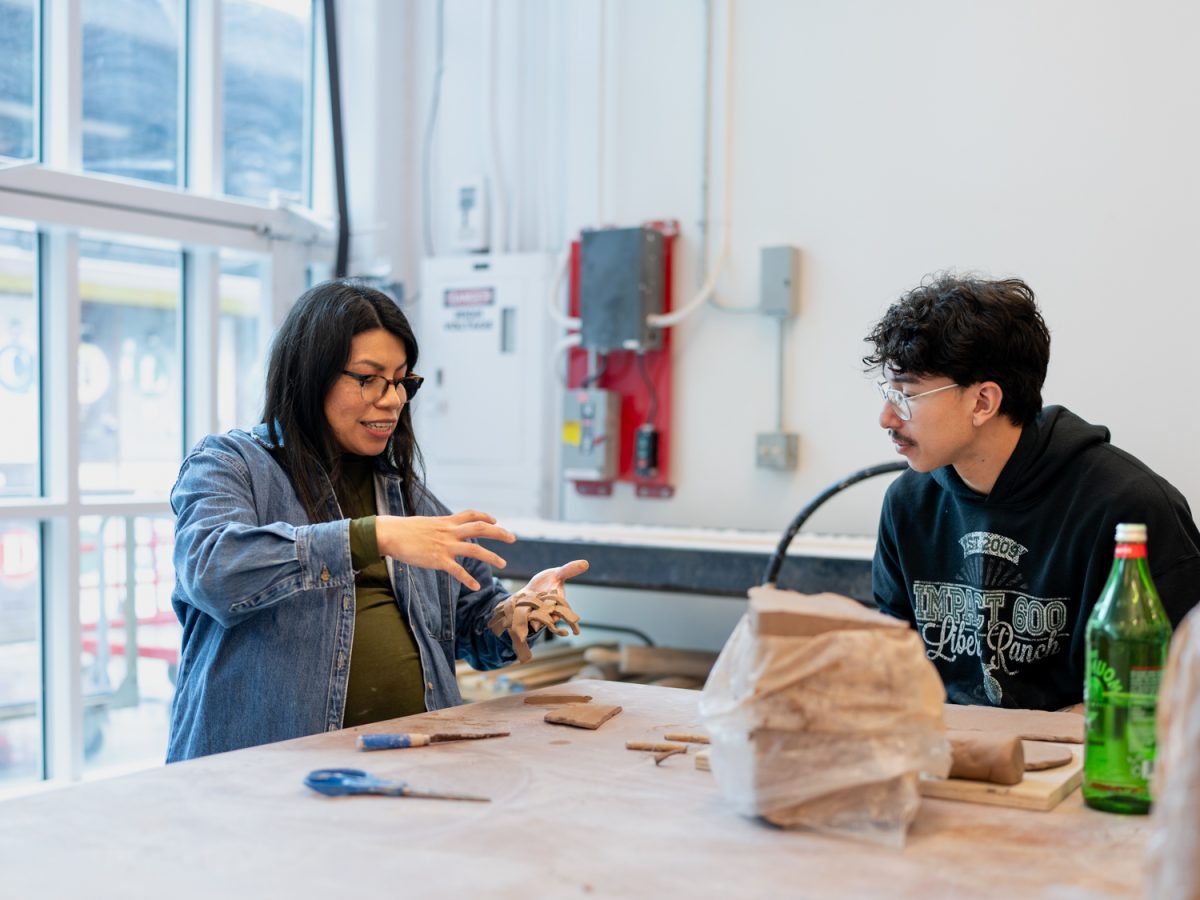With marijuana legalized across the state, City College is working to reexamine its policies on the drug and the effects it could have on the campus’ learning environment.
“The College will take a look at our existing policies to determine if further information must be added in light of the legalization in California,” wrote Luz Reyes-Martin, executive director of public affairs and communications. “However, our intent is to maintain a drug-free campus environment.”
The use of recreational marijuana became legal in California on January 1 of this year, in accordance with Proposition 64 passed in November 2016. According to California Health and Safety Codes, any adult age 21 or over is allowed to have marijuana as long as they have one ounce or less and don’t carry it onto a K-12 school while the school is in session.
Despite the fact that the drug’s been legalized, students who use it on campus “could be subject to discipline through the dean’s office,” according to Director of Security Erik Fricke.
Fricke said that the biggest concern around marijuana on campus is its use in classes like auto shop or marine diving where students could cause harm to themselves or others. Although students using marijuana could be disruptive in any class, it would come down to whether the students were noticeably affecting the learning environment.
“People act differently under the influence,” Fricke said. “And sometimes we do get reports of someone giggling in the back of the room. Maybe they’re not harmful or dangerous, but they can still be disruptive.”
Fricke said that the college was more understanding of cases of medically prescribed marijuana, which would complicate campus security’s stance on the drug.
“Some instructors and some students are gonna have a higher or lower tolerance to it,” he said, “and when we get a report, we’re gonna act upon that and try to determine, are they being disruptive? Are they affecting other people around them?”
According to a City College board policy, smoking is banned on campus, as well as the “burning of any type of cigar, cigarette, pipe, electronic cigarette, or any other smoking equipment.” This policy would also ban smoking marijuana, but says nothing about marijuana ingested or administered in other forms.
The Channels also reached out to Laura Fariss, director of student health and wellness, to find out if the drug’s legalization meant that health counselors on campus could refer students to clinics, but Fariss declined to comment.


